This interview was a joy to record, and I hope you get as much out of it as I did! I speak with Sarah Lewis, who shares her powerful story at the intersection of lesbian identity and religious trauma. She grew up in a small town as a devout Christian but was taught her sexual orientation was not compatible with her religious identity. She escaped to a place of “queer privilege” for about 15 years but returned home with a mission to make her hometown more inclusive than what she experienced growing up. I think you will find her story resonant and compelling, and I hope you enjoy our conversation!
Interview Highlights:
On trying to “pray the gay away”
I was definitely trying to pray a lot away… I knew by eighth grade that I was a lesbian. And [my female pastor] had given me a teen devotional Bible and there was this whole section on homosexuality. And I would just read that section over and over again, cause it was something I was really struggling with. Those feelings. I was just reading it, reading it, reading it, trying to pray that out of me constantly. And I thought, okay. I'll if, if I can become a preacher, I'll get better. Oh yeah. If I can do all these church camps, I'll get better.
Like it's gonna go away. Like these feelings are gonna go away and they didn't and here I am.
Hating the church and afraid her parents would hate her
The more I got to know people around me and the more I continued to discover myself, the more I grew a little bit of — and I will say a hatred —towards the faith-based community, because I felt like they were stifling me to who I was.
[My parents are] loving and caring. They're great parents. They love me. They love my daughter. They love my wife probably more than they love me, but I really believed that they would hate me. And I believed I had to burden my mom, with ‘your firstborn child's going to earn the kingdom of hell rather than the kingdom of heaven.’
Finding some healing through a new kind of spirituality
And [the Science of Minds church] was about positive energy and intention. And it's about finding the God within you. And it doesn't have necessarily have to be this negative connotation. It's this non-denominational being that represents the energy that you put out into the world. And I started adopting those kind of ideas with her. It sounds a little cultish when you explain it. But sending that positive energy out into the universe. And having those positive things return to me just improved my life.
And studies really show that It's really similar to prayer, right? It's as the faith-based community is praying, they're putting that positive energy out into the universe. It has that return and it just shows the, this is the same idea.
I don't have to eliminate this huge part of who I am. And being a lesbian, it is a huge part of who I am. The way that I love is different than some other people. And so when I'm being asked to strip that away, [it feels] so impossible. And it feels tragic and it's like telling me, ‘don't love your wife anymore.’ Yeah. I like, I can, I, on the verge of tears is thinking all that. Yeah. It seems ridiculous to me. And then I was able to find a faith.
Coming back to rural Ohio with a mission
If we're gonna move back to Ohio, we're gonna make it worth it. We're gonna do everything that we can to make them feel included, and represent something that I didn't get to see when I was their age.
That [representation] was my main motivation because it took a devastating amount of time to be able to get myself out of that deep sadness. That pit that you're always feeling? That emptiness that you feel in your heart? You're told it's because you need God, when in reality, it was the acceptance of myself.
The hateful reaction to Pride events and queer representation in Bellefontaine
I’m at my nine to five job, and I'm receiving hateful messages that ‘we [neo-Nazis] are coming to get you.’ White supremacy groups are circulating our flyers and saying we're child groomers… I catch a message or a screen grab of some hateful stream or thread that started with a picture of my family on it.
You have these outsiders coming in, encouraging people to fly on planes here and encouraging fellow neo-Nazi members, get an airplane ticket and go to Bellefontaine, Ohio to mess up all their events.
On the right to take up space in the place you want to live
We're entitled to share a quiet street with everyone else, with low crime rates. We [queer people] don't just exist in the metropolitan areas. We exist everywhere. I want my child to go to a good school system. I wanna own a little home with some grass. I wanna share that space with everyone else.
I genuinely want the queer people in this area to feel like they're entitled to be rooted here.
Christine: I don't know how politicized your upbringing was, but mine was rather a lot politicized and I was indoctrinated about like the gay agenda. Like, exactly what you're saying. You guys actually came here to have family support. And then it was like, oh, and also while we're here, let's go with the mission. Let's make this place inclusive. Here you are just trying to live your lives and there are these neo-Nazis and white supremacists who are like, ‘I don't like your agenda.’ My agenda to…have a quiet street??
About the Parasol Patrol who volunteer at events where hate groups may protest
They do not interact. What they do is shield [families from hateful protestors], using their umbrellas to shield out the hate.
The founder likes to wear a speaker and play Disney music. [The Disney copyright makes it so the livestreams are taken down due to the copyrighted music playing in the background.] So then the neo-Nazi groups aren't able to continue to push their agenda on livestreams.
[By the way, the Pride event we talk about went off without a hitch: some “Proud Boys” signs were hung around town but no actual protestors came to the event. Seeing all the support from the Parasol Patrol and the friendly honks of cars driving by was amazing, though!!]
What came up for you as you listened to this episode? What are your thoughts on the particular intersection of queer identity and conservative Christianity, and even more specifically, in a rural environment with little queer visibility? What dreams do you have of making the place where you live a more inclusive place? Can’t wait to chat in the comments!
Intro and outro music by:
Above by Sapajou | https://soundcloud.com/sapajoubeats
Music promoted by https://www.free-stock-music.com
Creative Commons / Attribution 3.0 Unported License (CC BY 3.0)
https://creativecommons.org/licenses/by/3.0/deed.en_US





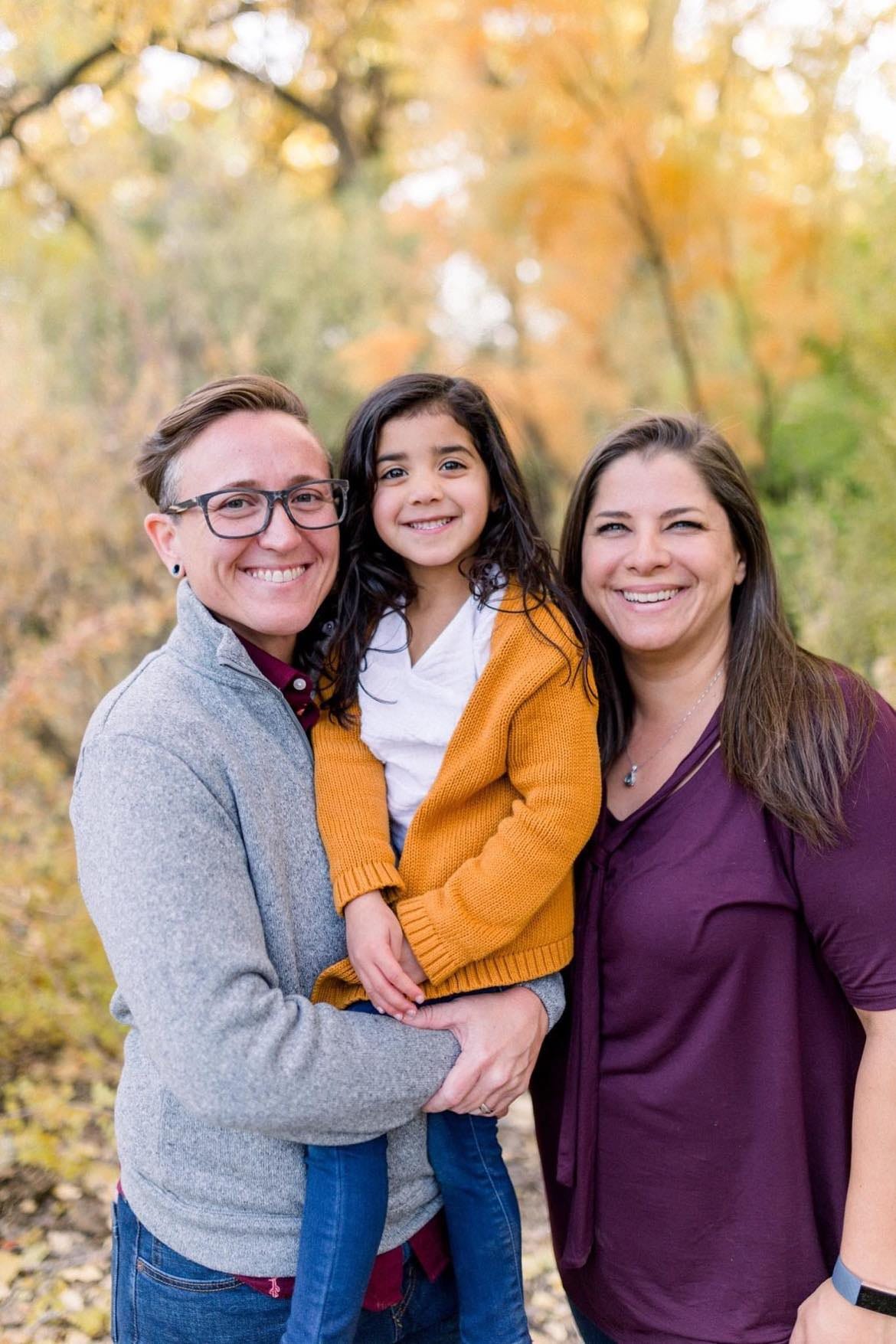
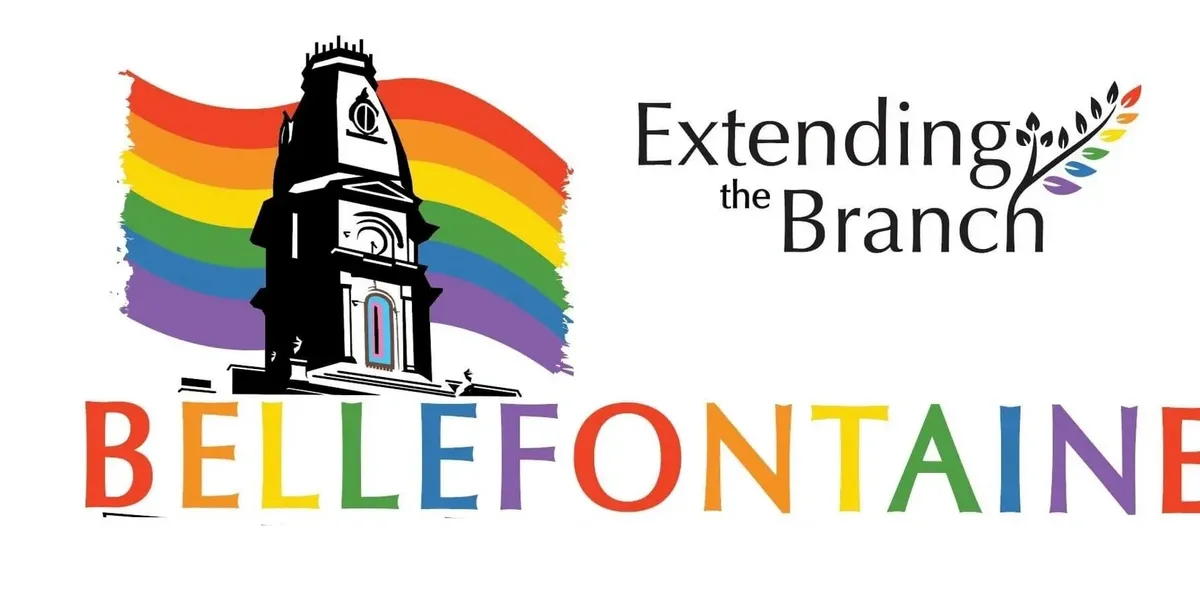

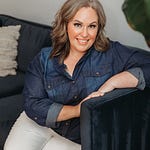
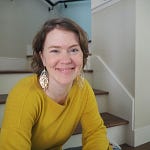


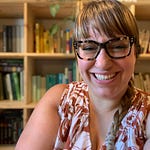

Share this post